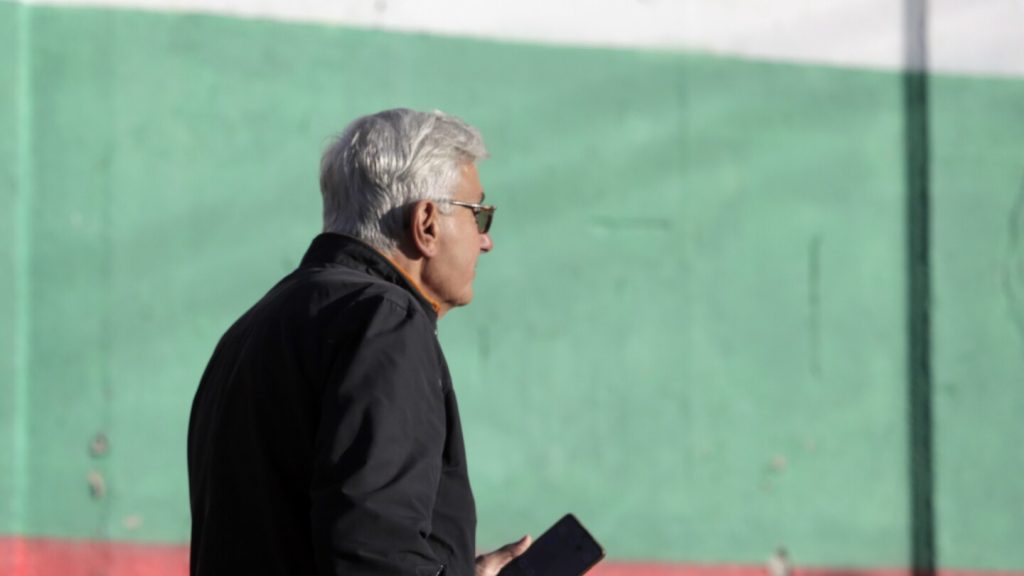The center-right GERB party of former prime minister Boyko Borissov is poised to win Bulgaria’s parliamentary election, according to exit poll results. The exit poll conducted by Gallup International showed GERB with 25% of the vote, edging out the reformist coalition between the We Continue the Change party and the right-wing Democratic Bulgaria. While initial results are expected Monday, final official results may take days to be announced. If confirmed, Borissov will be tasked with forming his fourth Cabinet, but finding allies to form a coalition in a fragmented parliament may prove challenging.
Political analysts believe that the election results, which are consistent with previous elections in the last few years, could lead to a viable coalition and may not rule out the possibility of another election. Voter fatigue and disillusionment with politicians have created an environment where radical political voices, fueled by widespread Russian disinformation, are eroding public support for the democratic process and boosting the popularity of pro-Russian and far-right groups. The fragmented nature of the current parliament, with nine predicted parties, could complicate negotiations and coalition-building efforts.
The ongoing cycle of elections in Bulgaria has had detrimental effects on the country’s economy and foreign policy. The risk of losing EU recovery funds due to a lack of reform, delays in integration into the Schengen area, and joining the eurozone are pressing concerns. Analysts interpret these signals as reasons for parties across the political spectrum to seek pragmatic compromises. While the pro-Russia party Vazrazhdane was expected to gain momentum in the legislature, their weaker result may indicate limited influence for now. However, if mainstream parties fail to resolve the political deadlock, the appeal of Vazrazhdane and similar groups could grow, potentially impeding Bulgaria’s pro-Western path.
The current political landscape in Bulgaria reflects a heightened division between mainstream and radical political forces. The inability of previous legislatures to form stable coalitions has led to a cycle of elections without clear outcomes. Observers believe that the recent vote will result in further difficult negotiations due to the increased number of parties in parliament. The atmosphere of uncertainty and unpredictability is exacerbated by the influence of Russian disinformation and the rise of far-right and ultra-nationalist parties, posing challenges to Bulgaria’s democratic stability.
As over 50 countries prepare for upcoming elections in 2024, the global trend towards political polarization and radicalization is evident. Bulgaria’s struggle to form a stable government and address economic and foreign policy challenges reflects a larger global pattern of discontent with traditional political establishments. The need for pragmatic solutions and compromises in a fragmented political landscape is essential to ensure democratic stability and progress. In the face of rising populist and far-right sentiments, mainstream parties must navigate carefully to uphold Bulgaria’s pro-Western path and mitigate the influence of anti-democratic forces.


